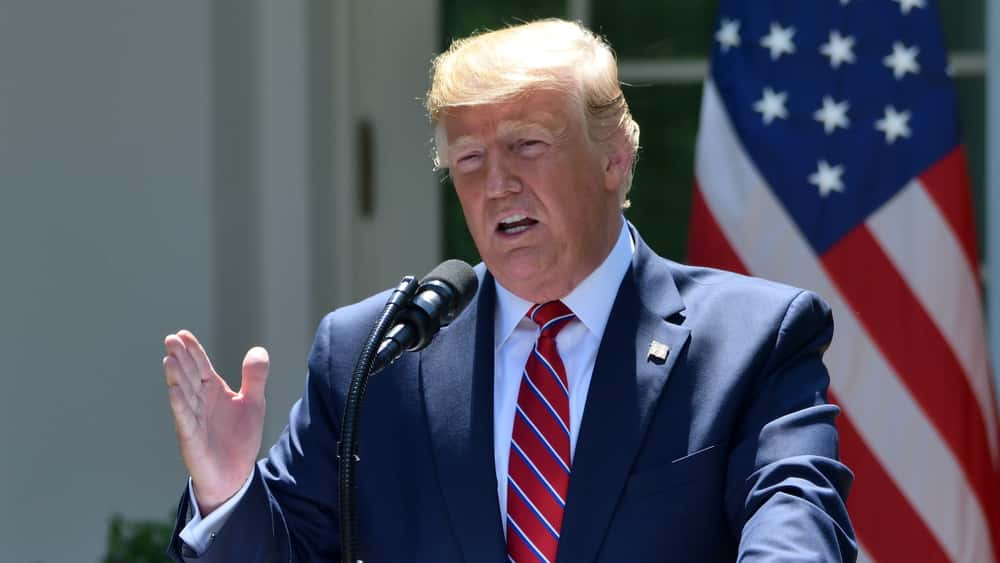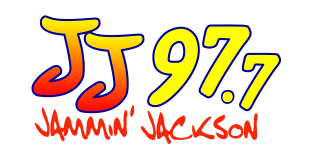
President Donald Trump announced Sunday that he is extending the federal social distancing guidelines until the end of April. Trump, who previously said he hoped to have the nation reopen by Easter, April 12, made the announcement during the White House Coronavirus Task Force 90-plus minute media briefing in the White House’s Rose Garden.
Here are the steps the CDC said are the best ways to protect yourself and others from being exposed to the novel coronavirus:
Clean your hands often
-Wash your hands often with soap and water for at least 20 seconds especially after you have been in a public place, or after blowing your nose, coughing, or sneezing.
-If soap and water are not readily available, use a hand sanitizer that contains at least 60% alcohol. Cover all surfaces of your hands and rub them together until they feel dry.
-Avoid touching your eyes, nose, and mouth with unwashed hands.
Avoid close contact
-Avoid close contact with people who are sick
-Put distance between yourself and other people if COVID-19 is spreading in your community. This is especially important for people who are at higher risk of getting very sick.
Stay home if you’re sick
-Stay home if you are sick, except to get medical care.
Cover coughs and sneezes
-Cover your mouth and nose with a tissue when you cough or sneeze or use the inside of your elbow.
-Throw used tissues in the trash.
-Immediately wash your hands with soap and water for at least 20 seconds. If soap and water are not readily available, clean your hands with a hand sanitizer that contains at least 60% alcohol.
Wear a face mask if you are sick
-If you are sick: You should wear a face mask when you are around other people (e.g., sharing a room or vehicle) and before you enter a healthcare provider’s office. If you are not able to wear a face mask (for example, because it causes trouble breathing), then you should do your best to cover your coughs and sneezes, and people who are caring for you should wear a face mask if they enter your room.
-If you are NOT sick: You do not need to wear a face mask unless you are caring for someone who is sick (and they are not able to wear a face mask). Face masks may be in short supply and they should be saved for caregivers.
Clean and disinfect
-Clean AND disinfect frequently touched surfaces daily. This includes tables, doorknobs, light switches, countertops, handles, desks, phones, keyboards, toilets, faucets, and sinks.
-If surfaces are dirty, clean them: Use detergent or soap and water prior to disinfection






